The zero-waste communal iftar at Qatar Foundation’s Education City is back for Ramadan, fusing Islamic ideals with the importance of sustainability.
People from all over Qatar are once again coming together to break their fast and celebrate the spirit of the Holy Month at the daily meal at Minaretein (Education City Mosque), which is run by a group of volunteers. They are also learning about and participating in the values of moderation and ecological stewardship.
The portion sizes of the Education City iftar reflect the zero-waste goals of limiting trash creation; also, each guest receives a single eco-friendly multi-compartment box instead of multiple containers, which reduces plastic waste. Reusable tablecloths, water dispensers rather than plastic bottles, and whole fruit rather than packaged fruit all help to make this community event more environmentally friendly. Any leftover food is composted and repurposed at Education City.
Introduced for Ramadan in 2023, Minaretein’s zero-waste iftar provided 45,100 meals a day, an average of 1,500, with up to 2,000 attendees during the last days of the Holy Month. This year, it’s already proving to be a popular community gathering spot.
“The zero-waste green iftar is an extension of our ongoing dedication to sustainability and community involvement,”
said Wasif Ali Khan, Business Transformation Project Manager at QF’s Minaretein Center.
“By bringing it back this year, we are reaffirming our dedication to reducing waste, nurturing communal bonds, and caring for the environment, which are principles that align with our organizational ethos and the broader goals of promoting eco-friendly practices.
“The Islamic ideals of moderation, conservation, and responsibility toward the community and the world are reflected in our zero-waste green iftar. Islam promotes sharing, minimizing waste, and using resources sustainably—all of which are essential components of our iftar ritual.
In addition to the customary fast-breaking feast, this year’s communal iftar at Minaretein will feature additional educational activities aimed at raising awareness of the value of cutting back on waste production and motivating attendees to embrace zero-waste practices.

When they arrive for the iftar, guests are given a briefing – in Arabic, English, Hindi/Urdu, Malayalam, and Swahili – about how to segregate food and packaging waste, practices they can then use in their daily lives, and any packaging waste produced is recycled by its supplier.
And, as Khan explains:
“We are also expanding our collaboration to transform food waste into compost, further contributing to a circular economy and nurturing the land that sustains us.”
Among the volunteers who are crucial to the success of the community iftar, and its zero-waste operation, is Abdulrahman Al-Jumaily, Financial Accounting Services Director at Qatar Foundation, who said:
“Myself and my team participate in this initiative as a volunteer unit, as it contributes to fostering a spirit of teamwork within and beyond the workplace environment.
“We commend the Education City Mosque’s iftar initiative, which encourages volunteering by making it easily accessible without the need for volunteer organizations. It also has a key role raising awareness and shedding light on the impact of the small actions that individual people can make to help preserve the environment and achieve sustainability.”
🌙 Experience sustainability and spirituality together at the zero-waste community Iftar at Education City’s Minaretein. The noble endeavor of the Qatar Foundation is to prevent food waste by providing serving sizes that minimize leftovers.


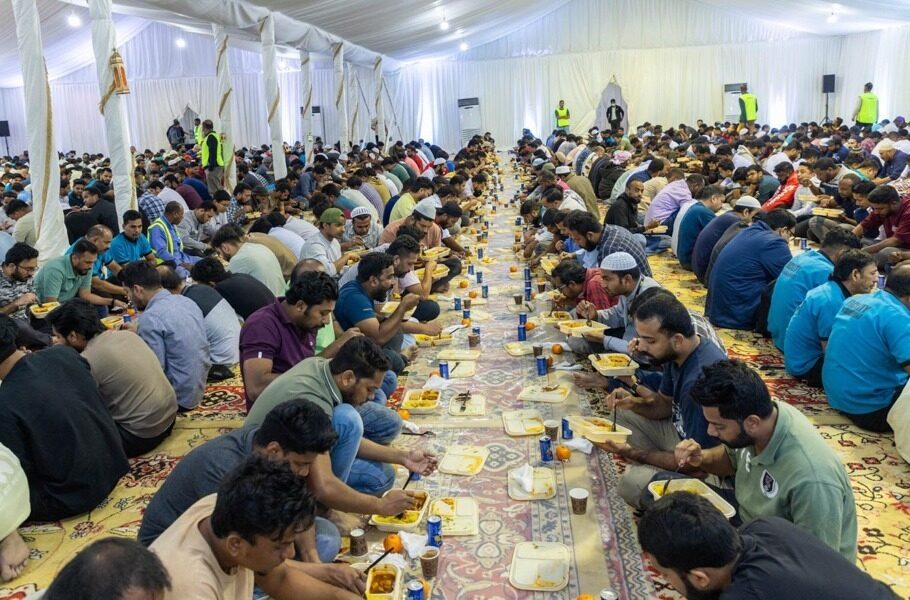
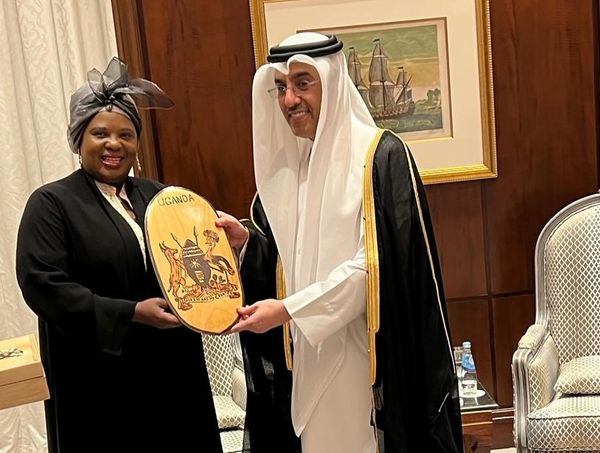
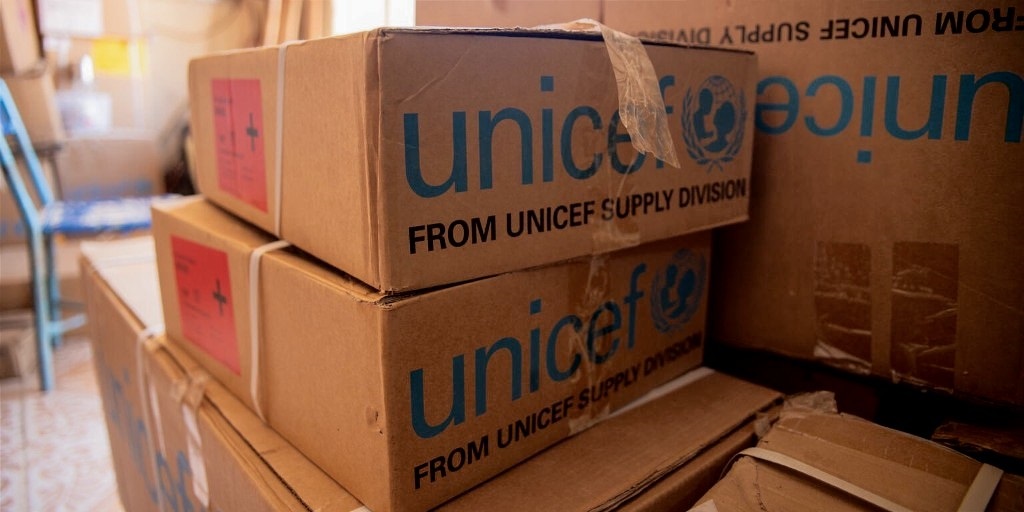
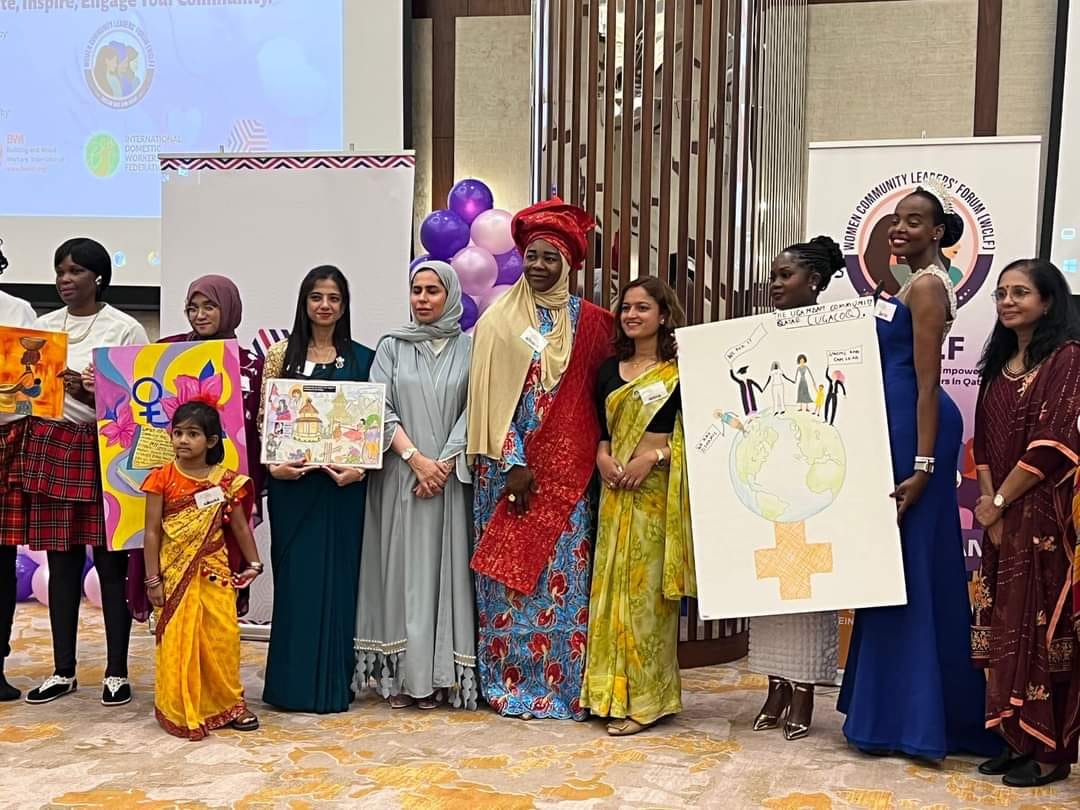
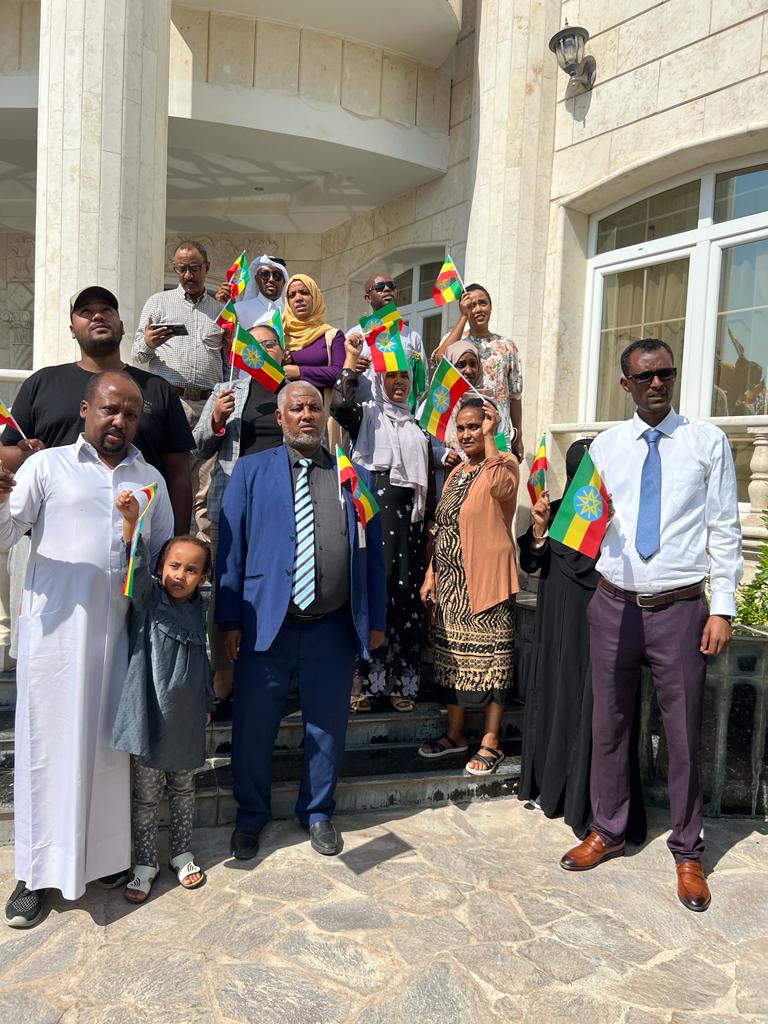




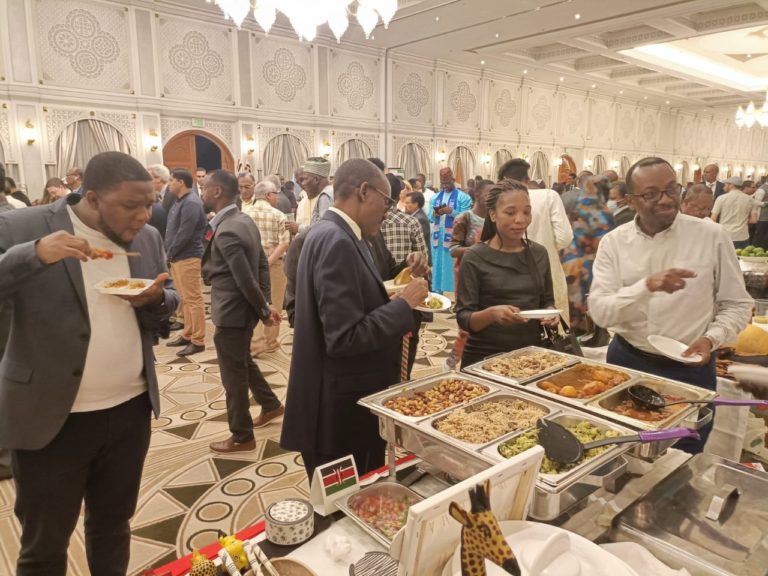
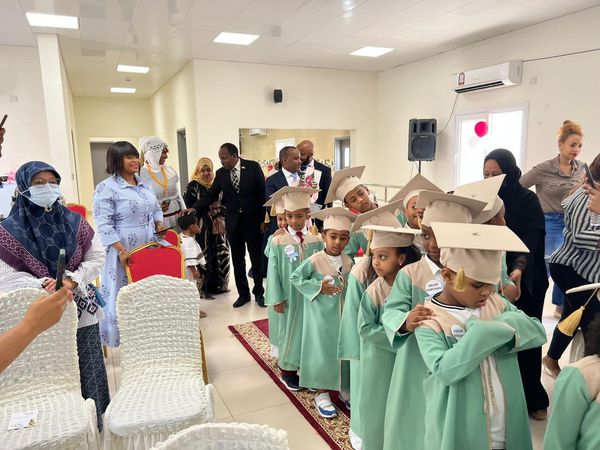




Leave a Reply